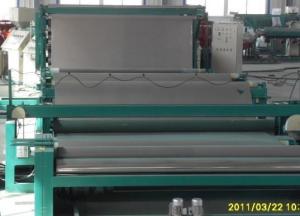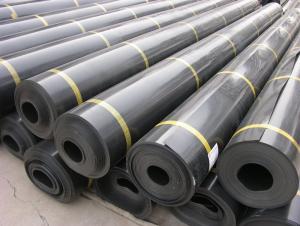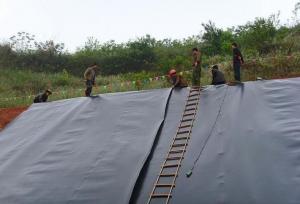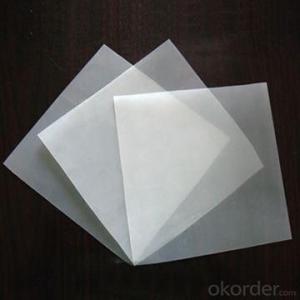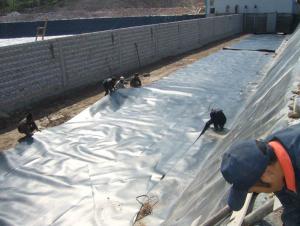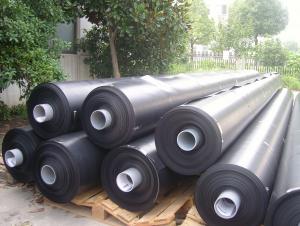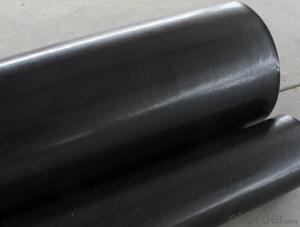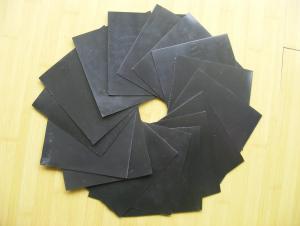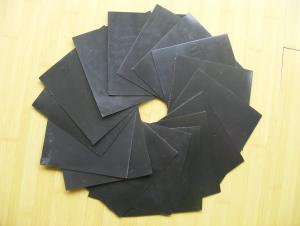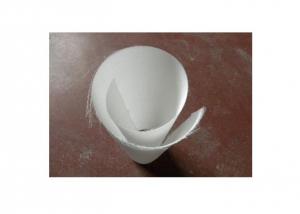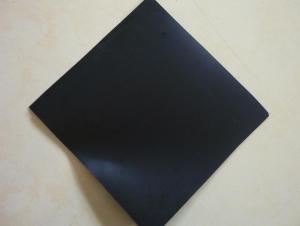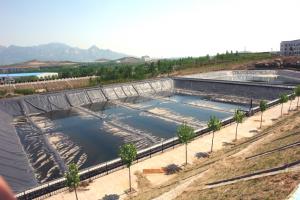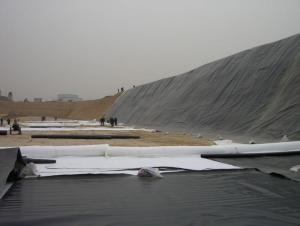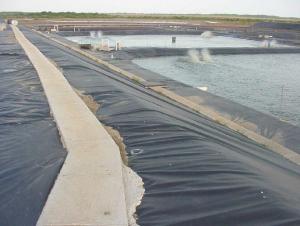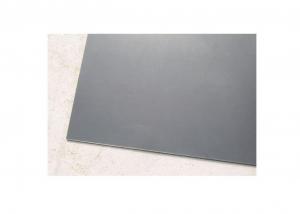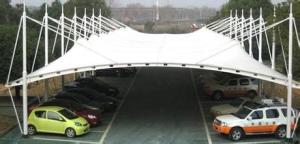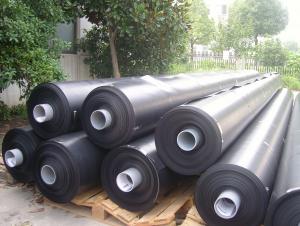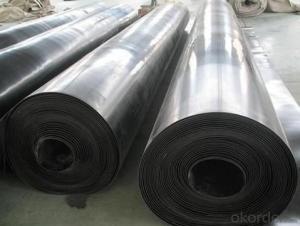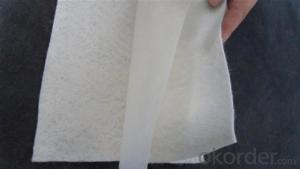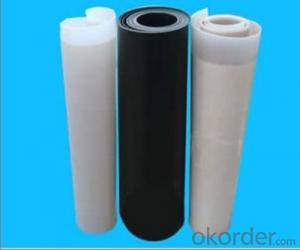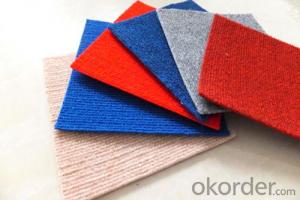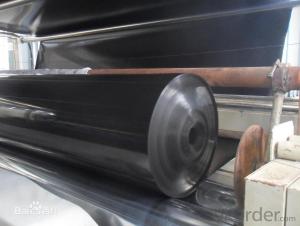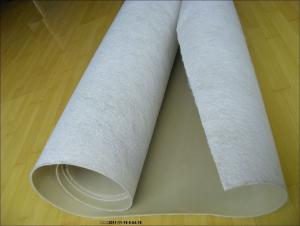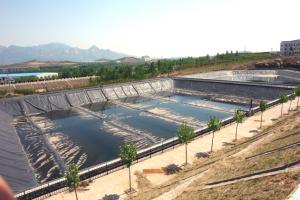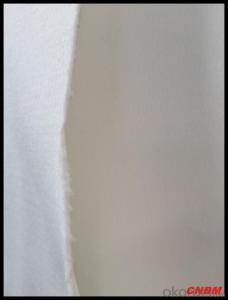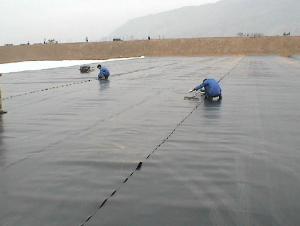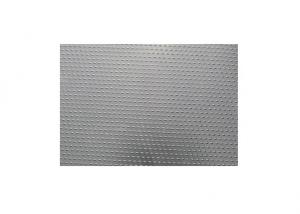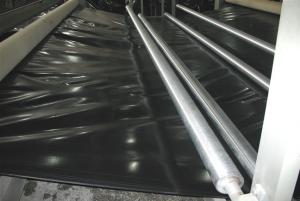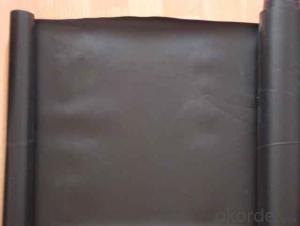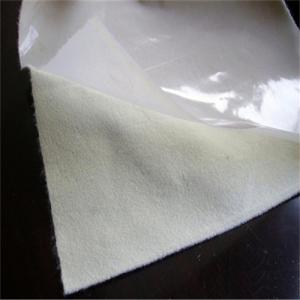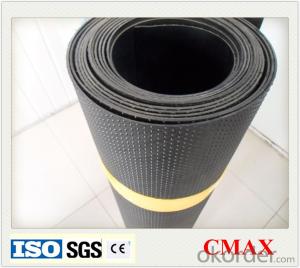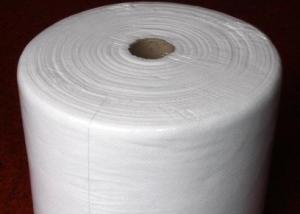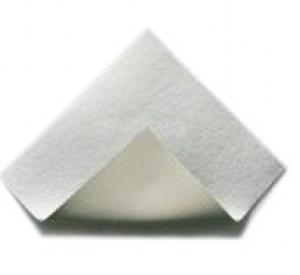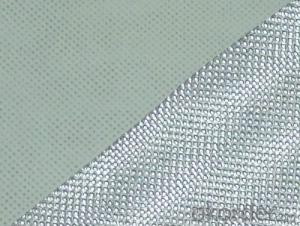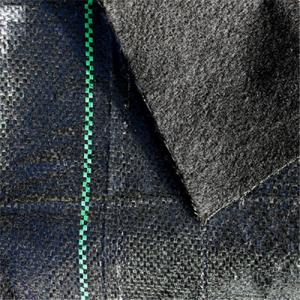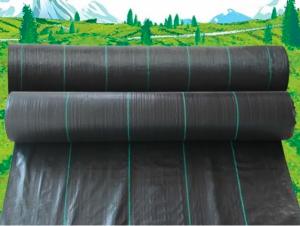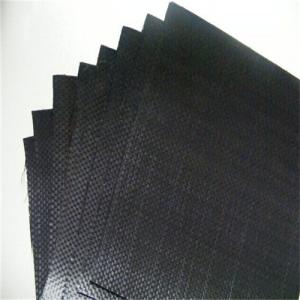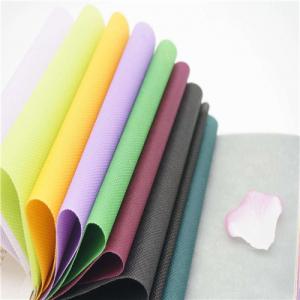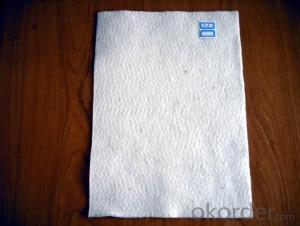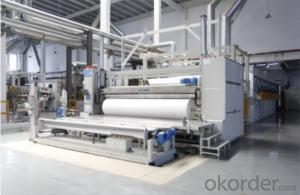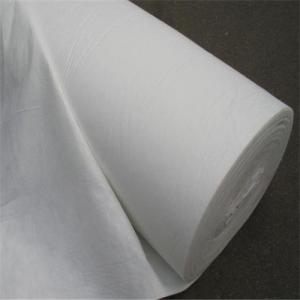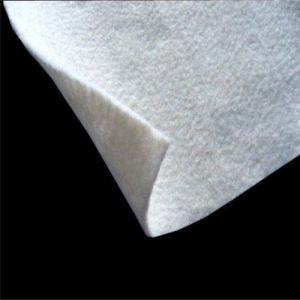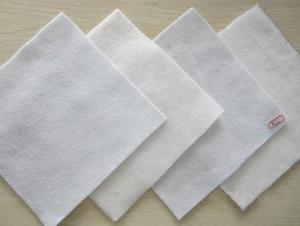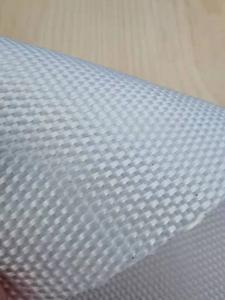Geomembranes
Geomembranes Related Searches
Geomembrane Materials Geomembrane Systems Geomembrane Technologies Geomembrane Material Geomembrane Products Impermeable Geomembranes Geomembrane Properties Geomembrane Geotextile Geomembrane Machine Conductive Geomembrane Geomembrane Containment Geomembrane Liners Reinforced Geomembrane Prefabricated Geomembranes Plastic Geomembrane Geomembrane Applications Properties Of Geomembrane Geomembrane Tanks Application Of Geomembrane Permeable Geomembrane Geomembrane Cover Composite Geomembrane Geomembrane Types Textured Geomembrane Geomembrane Film Pre-Seamed Geomembranes Geomembrane Thickness Geomembrane Drainage Liner Geomembrane Geomembrane ImpermeableGeomembranes Supplier & Manufacturer from China
Geomembranes are flexible waterproofing materials made from high-quality polymers such as polyethylene, polypropylene, and PVC. These products are engineered to provide excellent chemical resistance, durability, and UV protection, making them ideal for a wide range of applications. They are commonly used in various industries, including environmental, construction, mining, and agriculture, to name a few.Geomembranes are utilized in applications such as lining landfills, reservoirs, and ponds, as well as in canal and dam construction. They are also used for containment and protection in mining operations, providing a reliable barrier against potential leaks and contamination. In agriculture, geomembranes are employed in the construction of greenhouses and aquaculture facilities, ensuring optimal growing conditions and water retention. The usage scenarios for these membranes are vast, and their versatility makes them a popular choice among professionals in various fields.
Okorder.com is a leading wholesale supplier of geomembranes, offering a vast inventory of high-quality products to cater to the diverse needs of customers worldwide. With a strong commitment to customer satisfaction, Okorder.com ensures that the geomembranes they provide meet the highest industry standards and are available at competitive prices. By partnering with Okorder.com, customers can be confident that they are receiving top-quality geomembranes that will perform reliably in their specific applications.
Hot Products
